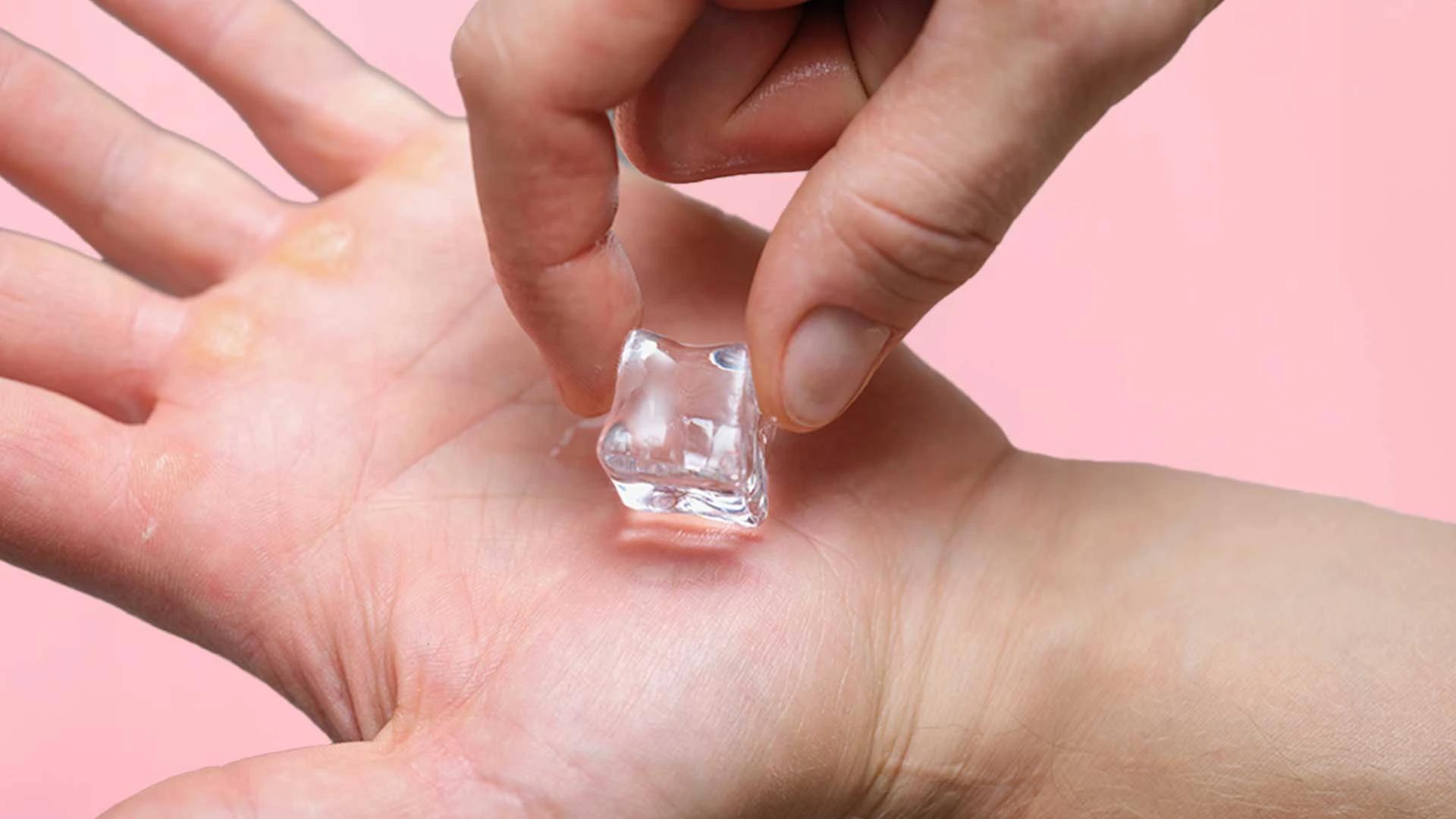How to Use Ice for Glowing Skin: A Step-by-Step Guide


Ice facials have become a must-try in skincare routines. This simple, natural method can leave your skin glowing, reduce facial puffiness, and soothe irritated skin. In this guide, we’re diving into how to use ice for glowing skin and uncovering the benefits of ice on face that so many are raving about.
This isn’t just about a cool treat – skin cooling therapy with ice is genuinely making waves. It works by improving the blood circulation face to naturally refresh your skin. Many have discovered that regularly using ice can help reduce acne inflammation and provide natural skin rejuvenation that tightens skin naturally.
Using ice can be a simple step to help achieve your next favourite look. It:
Let’s clear the air. There’s a myth that ice can permanently eliminate wrinkles and another that daily icing suits every skin type. In reality, moderation is key and results differ from person to person.
This part of the guide is all about making sure your icy ritual is both safe and effective. Preparation and care can make the difference between a soothing routine and an irritating experience.
For optimal results, start with clean, dry skin. This ensures you aren’t trapping any dirt or bacteria. Some might even like to apply a lightweight serum to help the ingredients absorb better during the process.
Wrap your ice cube in a soft cloth. Then, gently massage it onto your face using circular motions for about 1–2 minutes. Focus especially on areas that tend to show more puffiness, like under the eyes and around the cheeks.
Once you’ve finished with the ice facial, follow up with a hydrating moisturizer. This step is essential to lock in moisture and keep your skin comfortable. Try to avoid heavy makeup immediately after, ensuring your skin can breathe.
Not all ice facials need to be the same. Different ice cubes can target varying skin issues, making it easy to tailor the ritual to your specific needs.
Mix a little aloe vera gel with water and freeze it in an ice tray. The result is an ice cube that not only helps to soothe irritated skin but also works wonders to reduce acne inflammation.
Brew your favourite green tea, let it cool, and then freeze. Packed with antioxidants, these ice cubes help to refresh tired skin and promote natural skin rejuvenation that can leave you looking refreshed.
Blend a small amount of turmeric and saffron in water and freeze. This mix is known to brighten the skin as it can help lighten dark spots and give your complexion a vibrant glow.
Here’s a quick-reference list to ensure you’re using ice facials safely. Following these tips can help you avoid potential pitfalls while reaping all the cool benefits.
While ice facials offer many benefits, they’re not for everyone. If you have conditions such as rosacea, severe acne, or highly sensitive skin, using ice might aggravate your situation. Side effects can include redness or irritation. If you’re ever in doubt, chatting with a dermatologist is a smart move.
Morning is a great time to help reduce facial puffiness and refresh tired skin, while evening sessions can calm irritation and improve blood circulation face before bed.
It’s best to limit your ice facials to 2–3 times a week to prevent over-drying or irritating your skin.
After your ice treatment, follow up with a gentle, hydrating moisturizer to keep your skin protective barrier happy.
Overuse or applying ice directly without a barrier can lead to issues like redness, irritation, or even frostbite in sensitive skin types.
Both times can work well. Morning icing is excellent for reducing puffiness, and nighttime sessions can promote relaxation and skin repair.
Ice facials offer an affordable, natural way to take care of your skin. With benefits ranging from reducing facial puffiness to improving blood circulation face, they help in achieving a healthy, glowing complexion. Whether you try aloe vera, green tea, or a turmeric and saffron mix, remember that moderation and proper technique are key. So go on, try it all and see if this cool trend might just become your next fave!